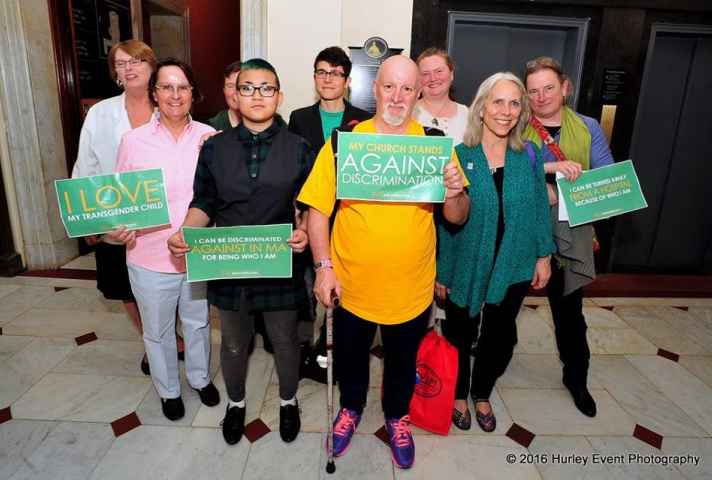In 2018, Massachusetts made history defending transgender rights on the statewide ballot achieving a landslide 68% victory. The campaign and its overwhelming victory made a major contribution toward the national movement for transgender equality. And while the Yes on 3 campaign lifts up a blueprint for how fights for transgender equality can be fought and won, it can also inform how we organize and win on the fights for economic justice, gun violence prevention, immigrant rights, lifting families in poverty, and reproductive rights - just to name a few.
Join Kasey Suffredini, co-chair of the Yes on 3 campaign and President of Strategy at Freedom for All Americans, for an evening discussion on how we can take politically divisive, controversial social issues and transform them into winning campaigns that transcend politics and build community.
Panelists include:
- Olivia Santoro, ACLU of Massachusetts
- Sophie Hansen, National Association of Social Workers
- Cindy Rowe, Jewish Alliance for Law and Social Action
- Pablo Ruiz, SEIU State Council
- Anabel Santiago, Coalition for Social Justice
This event is hosted by Field First.
